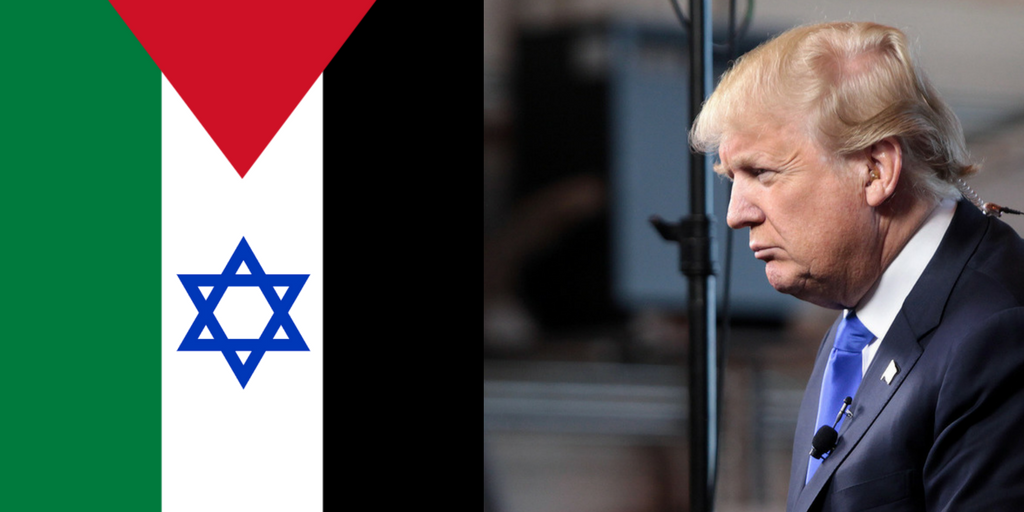Betzalel Smotritch of Bayit Yehudi, a member of Netanyahu’s government took to Facebook yesterday to slam the Prime Minister into working with the Trump administration in setting up the circumstances for a Palestinian State.
“In recent weeks, there have been too many indications that the Prime Minister is quietly cooking up a process that will lead to the establishment of Palestine. All this talk about a ‘deal’ and a regional peace conference, the freezing of construction outside the blocs (those who do not build outside the blocs essentially say that the State of Israel is not going to remain there), and the reports about a ‘deal’ that Trump proposed to Abbas for negotiations in return for a construction freeze; reports in Haaretz on contacts between Netanyahu and Herzog to establish a unity government based on the renewal of the ‘political process’; Netanyahu’s desire to build an ‘Iran bypass route’ with moderate Arab states in which the price Israel will have to pay in order to build this axis will be on the settlement front.”
Smotritch is referring to Trump’s desire to find a workable solution to the perceived Israeli-Palestinian conflict through a regional understanding with the “moderate” Sunni States. The regional solution is something Netanyahu has long advocated for. With Trump’s past hints that this is indeed in the works and his envoy Jason Greenblatt in Israel working on an understanding with Israel on future building within Jewish communities in Judea and Samaria, there appears to be some truth to Smotritch’s claims.
In fact, Trump seems to be far more open on the regional avenue. In a meeting with Saudi defense minister, Deputy Crown Prince Mohammed bin Salman, Trump expressed his “strong desire” to achieve a comprehensive, just and lasting settlement of the Israeli-Palestinian conflict.
How Does Trump’s Vision Differ From Previous Administrations?
It is clear now that Trump views an Israeli-Palestinian peace accord as vitally important, yet the contours of that agreement remain sketchy. Trump’s envoy to the region, Jason Greenblatt has done the unprecedented by meeting with leaders from Judea and Samaria during his trip to Israel and Jordan. Whatever the contours, it is clear that the approach is very different from before. In the past a regional approach had meant that in exchange for destroying flourishing Jewish communities in Judea and Samaria in order to create Palestine, the “moderate” Sunni states would make peace with Israel. Trump’s vision seems to be different. By not demanding a peace agreement based on the 1948 armistice lines it shifts the paradigm between Israel and the Arab states to something new. The shift is necessary, because without assurances that no Jewish community will be dismantled for “peace” Trump knows Netanyahu will not be able to pass a peace deal in the Knesset.
If Trump changes the focus of a potential accord between Israel and its Arab neighbors, the likelihood of a Palestinian State significantly increases. Of course, the Palestinian State envisioned may be far closer to Luxembourg than Lebanon and if that’s the case then whose to say the Palestinian Arabs in Judea and Samaria and Jordan will go for it.


